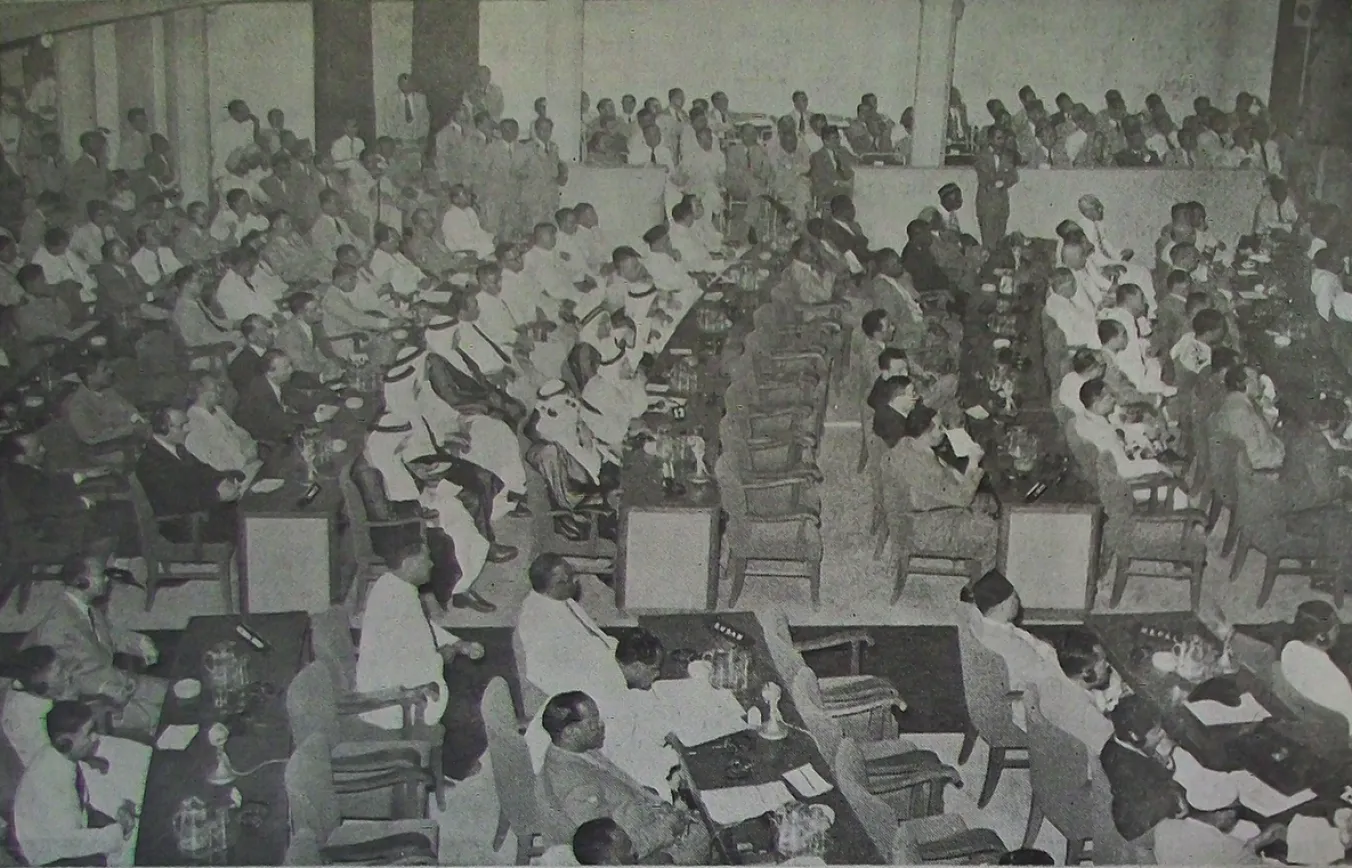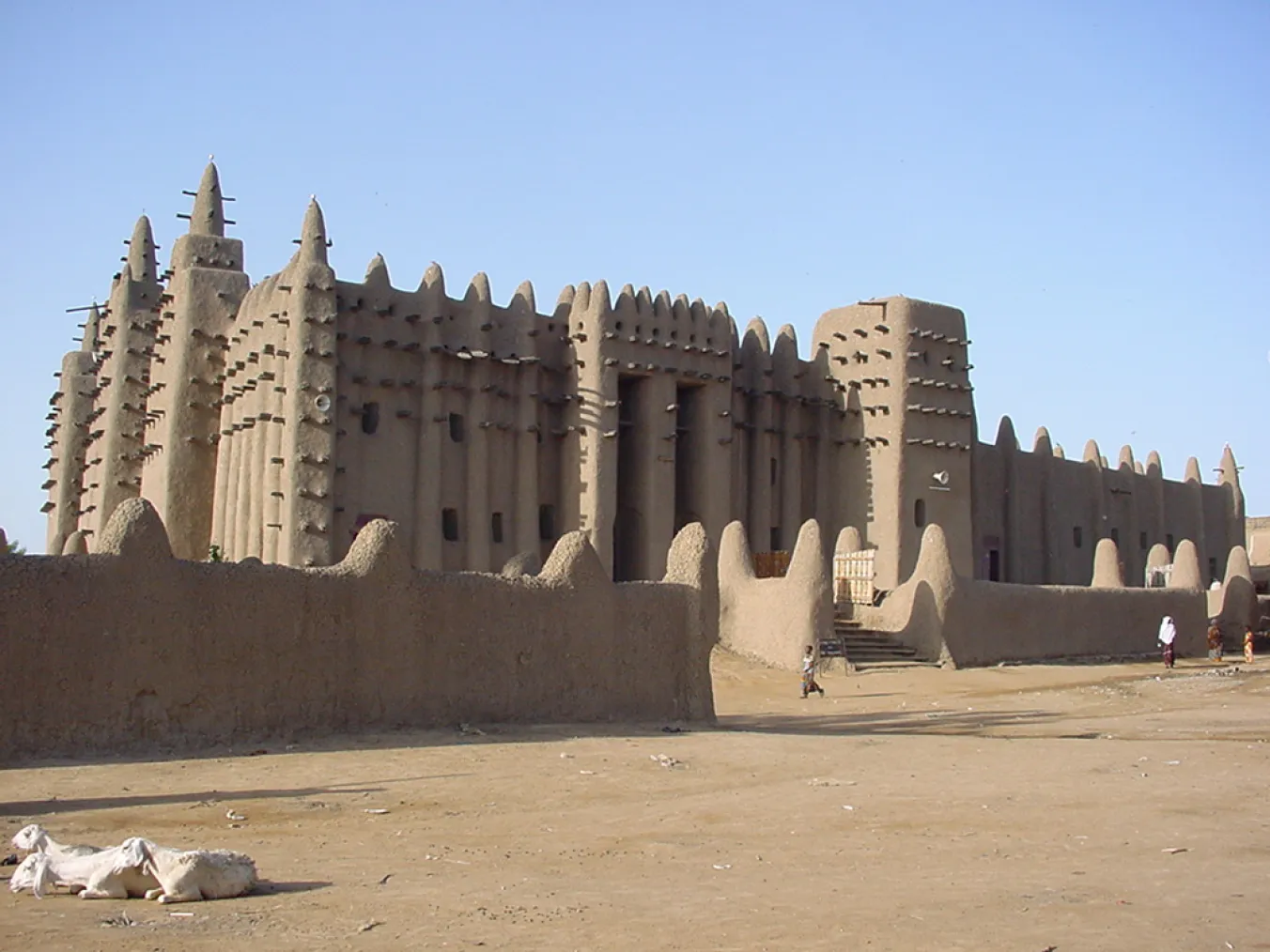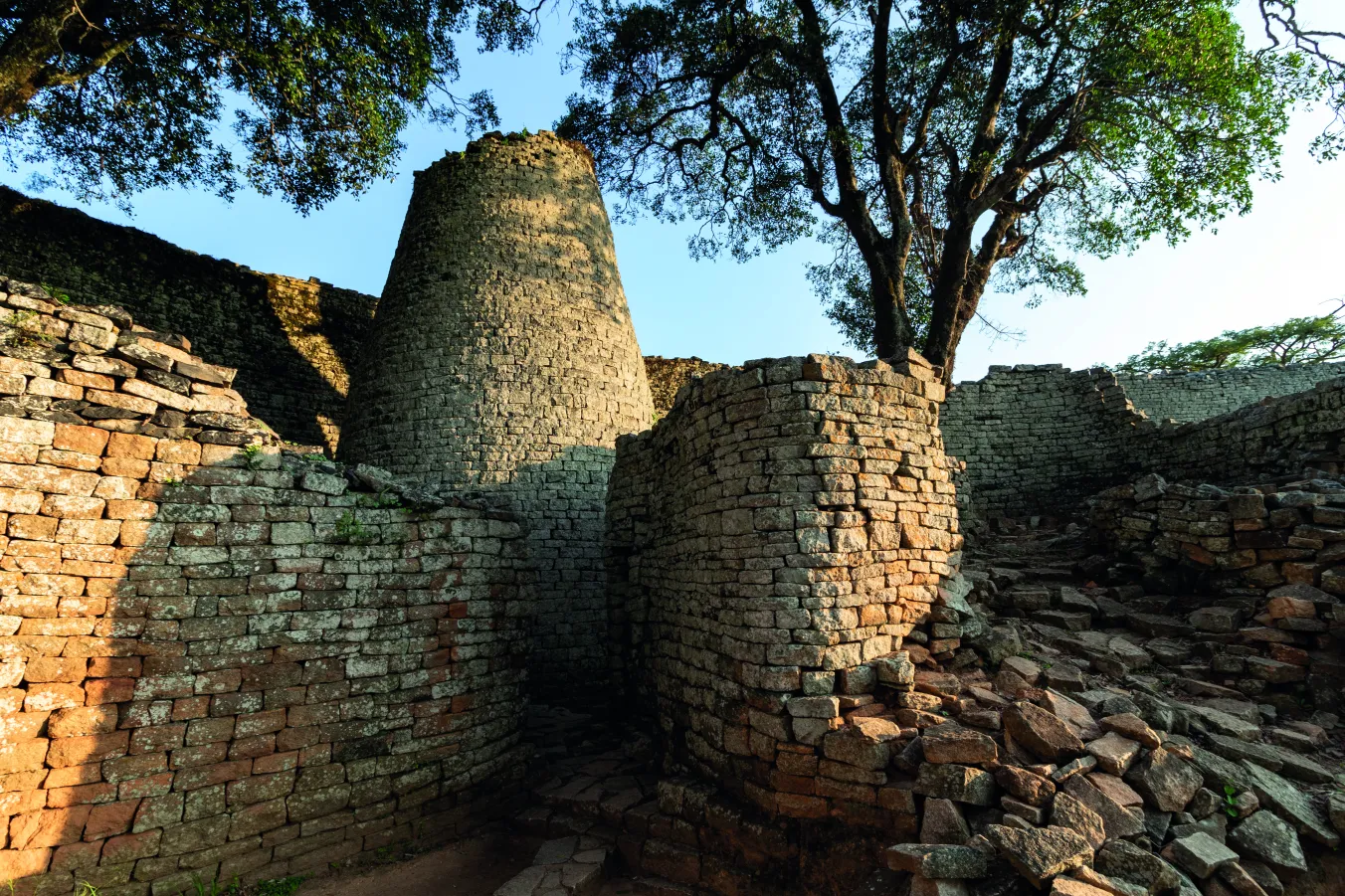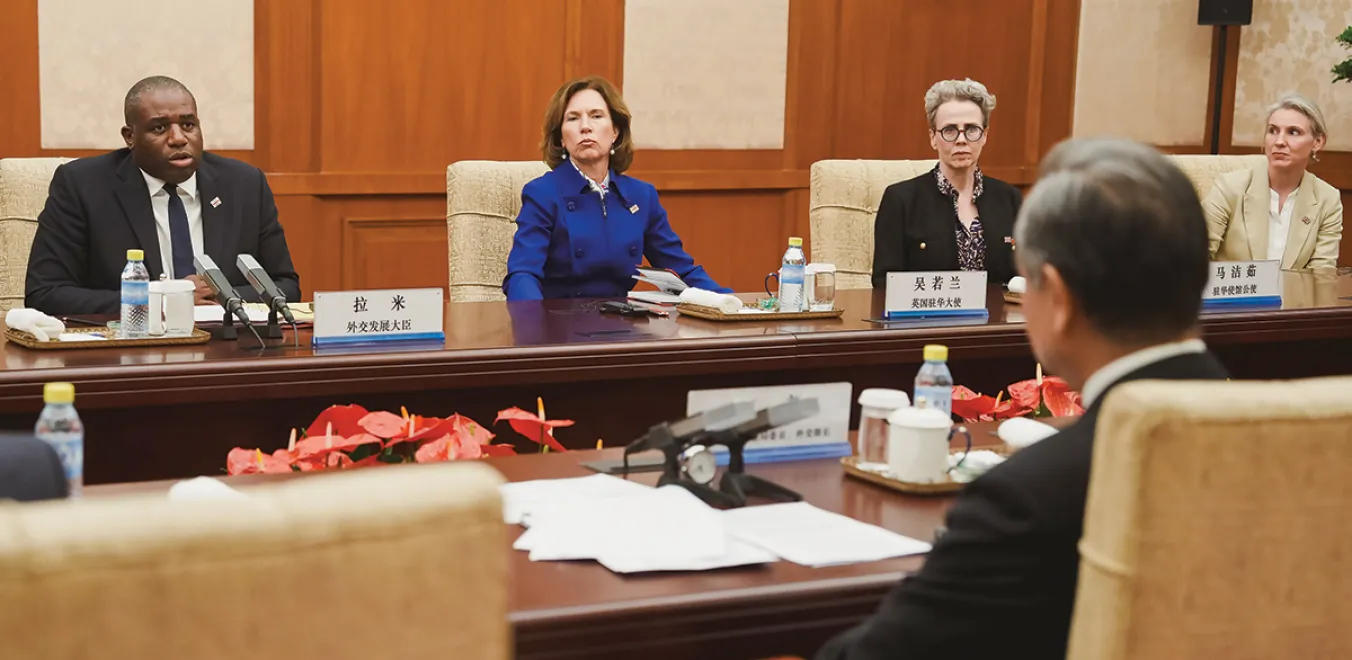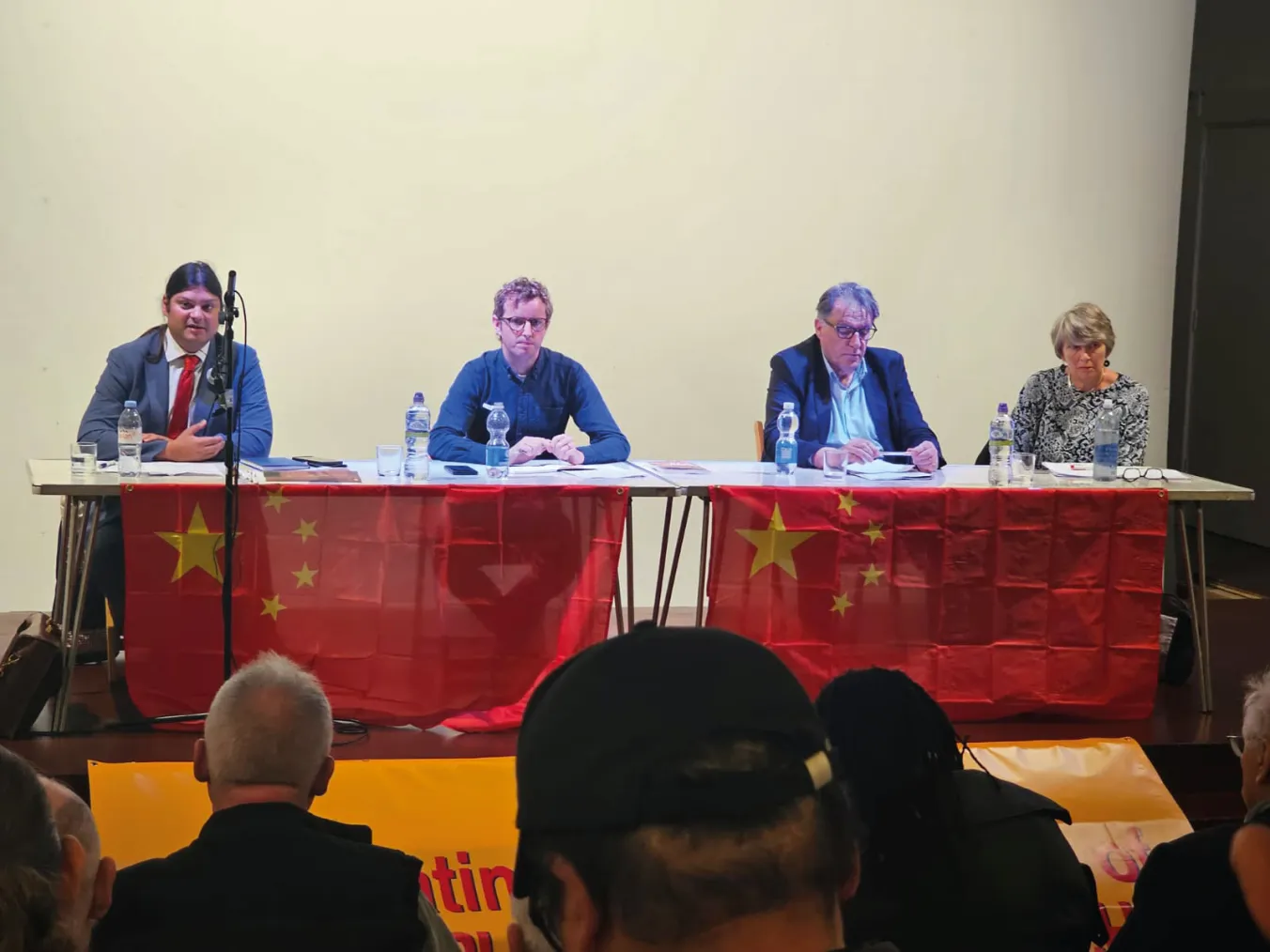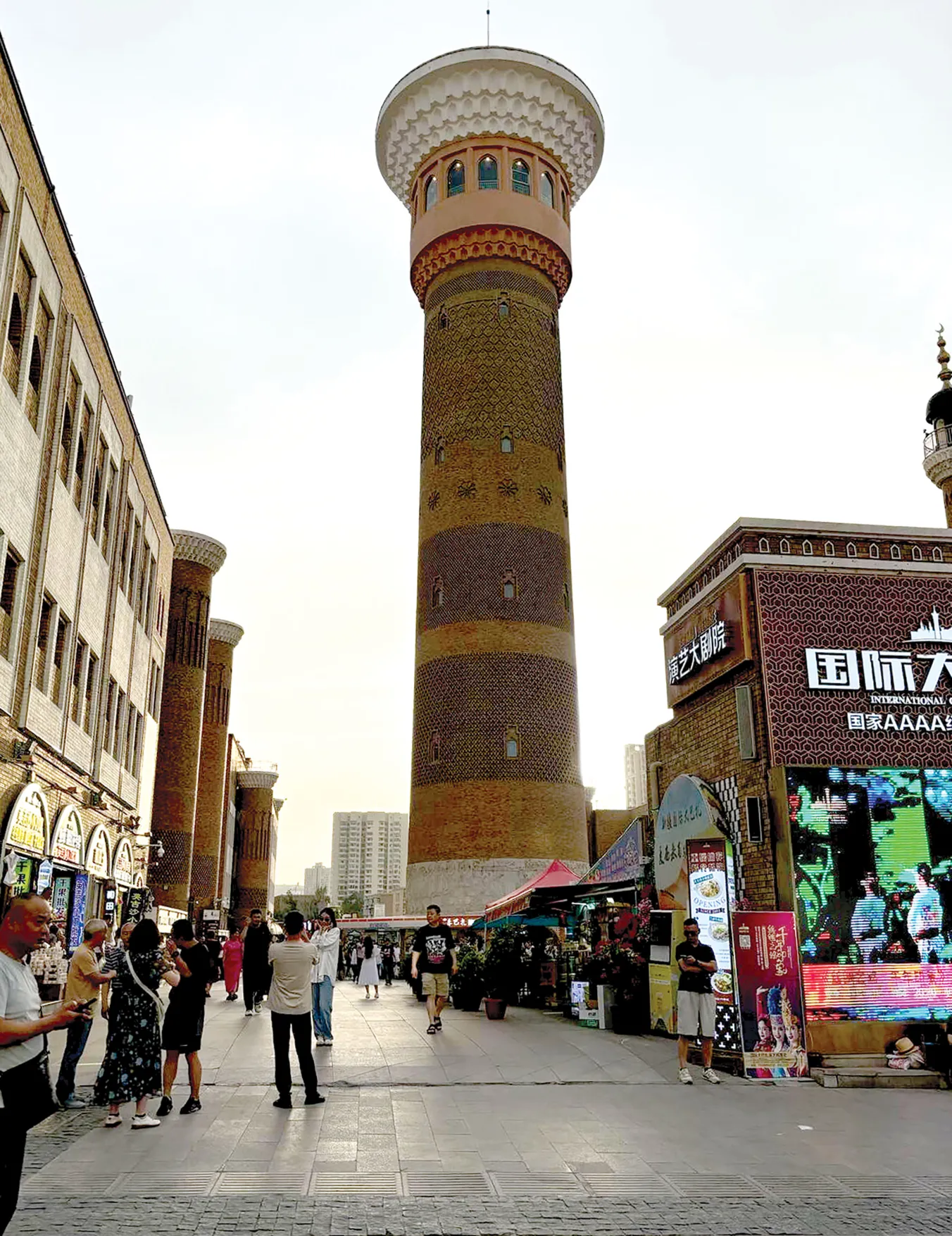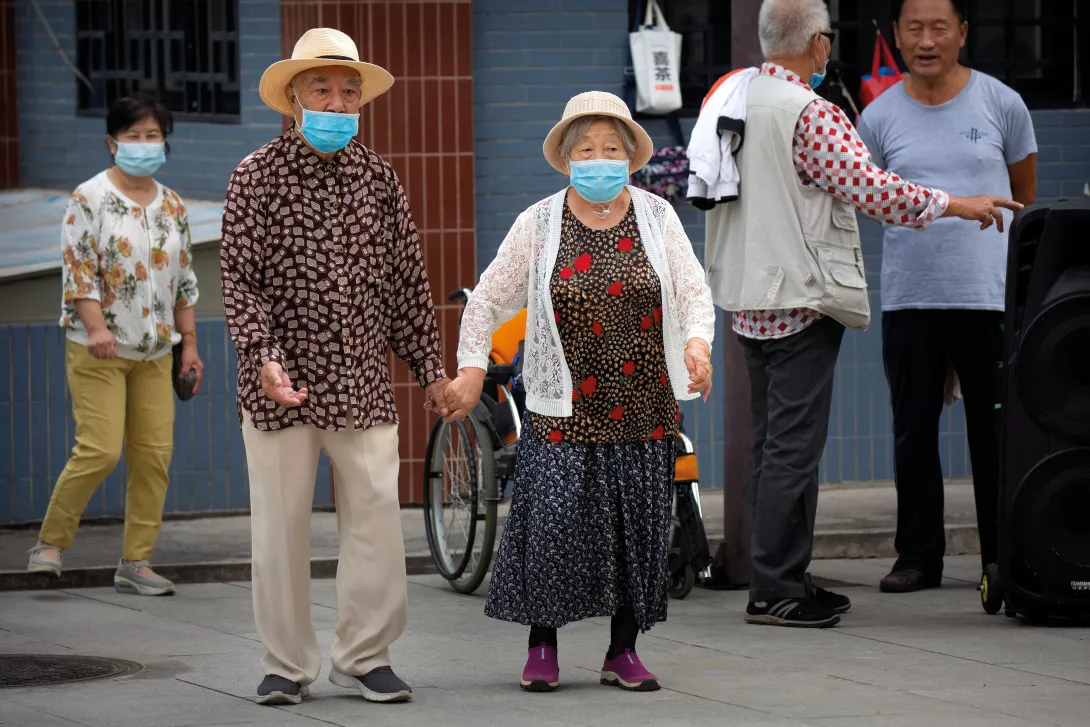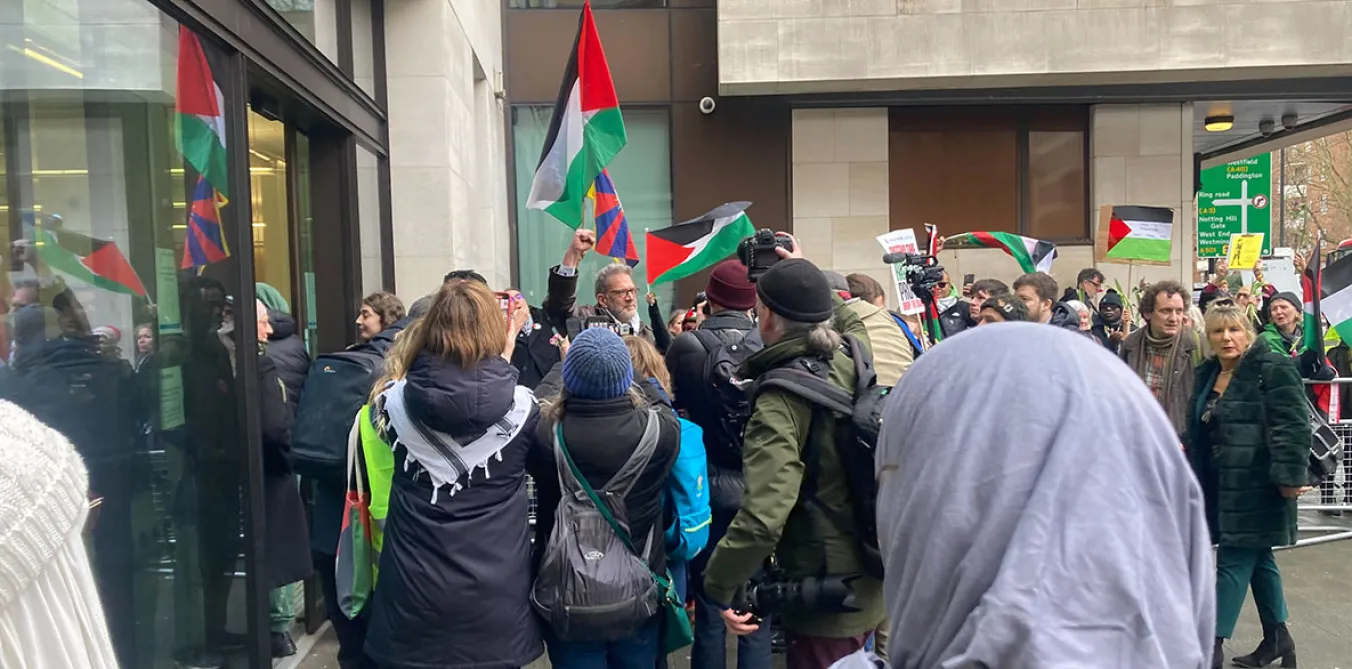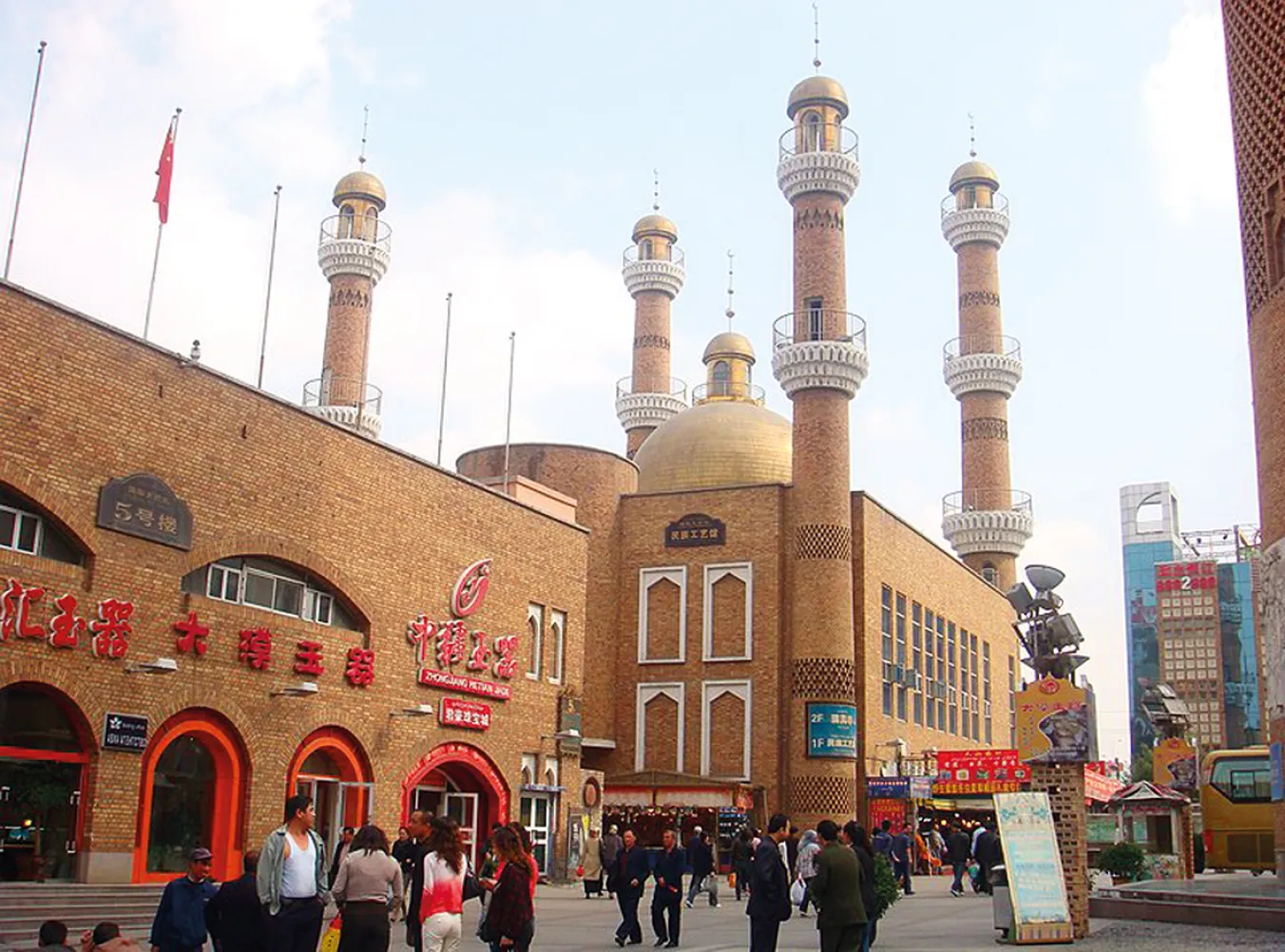
THERE are 56 ethnic groups in the Chinese autonomous region of Xinjiang in the north-west of the country.
These groups help to form a Chinese population of 25 million.
The Uighurs were one of these groups and I was fortunate enough to spend some time with them as I travelled across five cities in nine days in the region.
They represent around 51 per cent of the region’s population.
In the past, the West has accused the Chinese government of committing genocide against the Uighurs. They appear to have created their own definition of genocide while singularly failing to apply such a label to the Israelis and its onslaught against the Palestinians in Gaza.
I am the first to admit that I am no international legal expert but the word genocide conjures up images in my mind of what is taking place in Gaza and what we have seen in Rwanda and in Sudan’s Darfur in the past.
There is no genocide taking place in Xinjiang. I saw zero evidence of any kind of oppression of the Uighurs.
All the evidence was in fact to the contrary.
My firm belief is that all the evidence points towards the accusation being a total fabrication manufactured by the West.
Some elements of the ultra left have sadly bought into this lie in what I believe is an opportunistic anti-communism laced, in some quarters, with a nasty dose of Sinophobia.
In this second part of a series written during my latest visit to China, I want to try to show what I really believe is going on.
The West is using these lies — aided and abetted by their stenographers in the corporate media — to help them to ramp up the cold war against China.
The US-led Western powers are once again attempting to undermine the reputation of a nation it opposes and using what can only be described as hired guns to go into China and attempt to cause mayhem.
The fact that Xinjiang borders eight countries — some of which have ready-made groups with some discontent or another — presented the Western powers with an opportunity to repeat the funding for terrorist groups that they have tried and tested in other places in the past such as in Afghanistan and Libya.
The corporate media stenographers have singularly failed to report the atrocities that have taken place and have instead decided to portray attempts by the Chinese government to stop the random attacks on their citizens as authoritarianism or, worse still, genocide.
Xinjiang has for many years been the target of attacks by Islamic fundamentalist as well as separatist groups.
In most other countries where deadly terrorist attacks take place, one would expect the authorities to take steps to protect its citizens.
One would expect the authorities to root out the terrorists and take firm action against them within their own laws.
Of course, the exception to this is any country that the imperialist Western powers oppose.
Any clampdown on terrorist attackers by the Chinese or any other country that is deemed a threat to US hegemony is denounced as authoritarian and somehow typical of communism.
But let the facts in Xinjiang speak for themselves.
On February 5 1992 terrorists planted four bombs on buses, in Qunzhong Theatre and a residential block of the Xinjiang Literary Federation. The attacks killed three people and left more than a dozen injured.
Between June and September 1993, terrorists carried out 10 bomb attacks in Kashagan, Yeching County, Yingjishan County and Sache County. In Kashgar, the attack on an agricultural machinery company — critical to the area’s economy — killed two people.
On March 22 1996, Akmudik Aji, the vice-president of the Islamic Association of Xinhe County in the Akse Prefecture was shot dead by gunmen in his home after terrorist groups had denounced him as a heretic.
Barely a word from the corporate media.
February 10 1996 saw seven terrorists disguised as police officers in Wensu rob the homes of local people at gunpoint — killing three.
Terrorists instigated riots in Yining on February 5 1997 during which they murdered four and injured hundreds as they smashed up homes and cars.
Barely a murmur from the corporate stenographers other than to portray any attempts by the authorities to tackle this violence as an overreaction by the state.
In 2009 the authorities placed the region’s capital Urumqi in a quasi-lockdown after a week of rioting instigated by the terrorists left 140 dead and 828 injured.
The terrorists had chosen to target Uighurs and Han people who did not support their separatist and Islamic fundamentalist principles.
But it was the understandable actions of the Chinese authorities to stop the violence that drew criticism from the West rather than the original attacks on local people.
There has been much said in the media about so-called harsh labour camps in which the Uighurs are allegedly routinely subjected to all sorts of torture.
I never saw or visited any such places. It makes no sense to me that the Chinese would need to resort to this sort of behaviour. It also simply does not fit into anything else that I have seen in the region.
There is plenty of evidence to show that the terrorists carrying out these atrocities — from organisations such as the East Turkestan Liberation Organisation and the Eastern Turkestan Islamic Movement — are being sent to detention and re-education camps.
But why let evidence to the contrary get in the way of a chance of some China bashing?
In 2019, 22 countries sent a joint letter to the UN Human Rights Council condemning the alleged mass detention of Uighurs and other Xinjiang ethnic minorities.
China and 37 other countries responded by setting out the sort of facts I mention above and their belief that the issue of human rights was being politicised.
They asked the UNHCR to approach the situation in Xinjiang on a fact-based basis and “in an objective and impartial manner.”
Weeks later, 50 nations, including 23 Muslim nations, issued another letter refuting the allegations made against China.
The Signatories included major Muslim countries such as Egypt, Iran, Iraq, Pakistan, Saudi Arabia and the United Arab Emirates.
Turkish President Recep Tayyip Erdogan was moved to say during an official visit to China that it was an undeniable “hard fact” that “residents of various ethnicities are living happily in Xinjiang Uygur Autonomous Region thanks to China’s prosperity.”
In a phrase I have never used before — Erdogan is right. The Chinese have attempted to tackle extremism in Xinjiang by building economic prosperity but also by underlining that they celebrate the religious and cultural diversity of their people.
Rising prosperity is what will continue the opposition of the people in Xinjiang to the terrorists. China is clearly making giant strides in this direction.
But we all need to call out the lies about ethnic clampdowns and forced labour being levelled at China.
As I have said before, if you don’t believe me, visit the region and see for yourself.
In the third part of this short series, I will turn my attention to some developments in China’s approach to international affairs.
